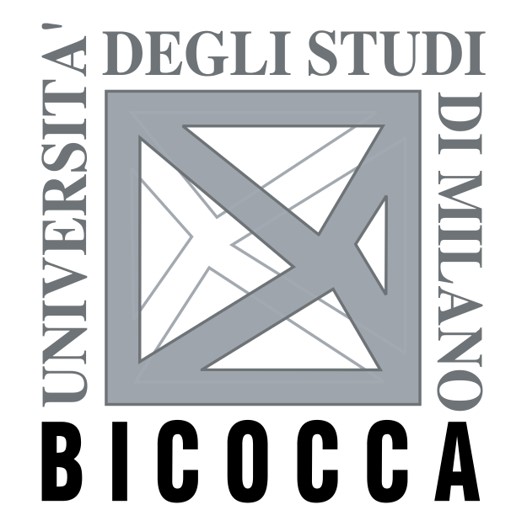
Project details
ENU Team Leader: MOLTENI LAURA
Coordinator: KRAVICZ MARCELO HENRIQUE (School of Medicine and Surgery, University of Milano-Bicocca)
Other Participants: BRAGATO CINZIA (Department of Earth and Environmental Sciences, University of Milano-Bicocca)
Funded by: University of Milano-Bicocca STARTING GRANTS 2023 edition
Total Contribution: € 45.900,00
Project Duration in months: 12
Start Date: 02.01.2024
End Date: 31.12.2024
Abstract
Female breast cancer (BC) is the most commonly occurring cancer worldwide, in which about 1 in 8 women are diagnosed, thus remaining a global public health problem.
Paclitaxel (PTX), a microtubule stabilizing drug, is considered one of the most effective chemotherapeutic agents. However, its use has negative consequences that can affect patient daily activities, and may even be a factor of treatment reduction or discontinuation. The main side effect of PTX is the onset in up to 70% of cancer patients of the so-called chemotherapy-induced peripheral neuropathy (CIPN). PTX causes different pathological insults directly to sensory neurons, in particular at the dorsal root ganglion (DRG) level, resulting in damaged peripheral nerves and sensory axonal neuropathy development.
Many strategies have been exploited to obtain both anti-cancer effects and CIPN reduction, such as nanotechnology employment to limit the negative consequences of PTX. In this scenario, the research of nanomaterials for medical applications has shown an increased interest in the scientific field, as the use of liposomes, functionalized nanocarriers used to target and deliver a drug precisely.
ANTAGONISM is a multidisciplinary approach that will take advantage of liposomes functionalized with a matrix metalloproteinase sensitive lipopeptide (MPSL-Lip) to deliver and release PTX in response to up-regulated metalloproteinases present in BC tumour microenvironment.
MPSL-Lip performance will be observed both in vitro and in vivo. Sensory neurons primary cultures derived from adult mice DRG will be used for evaluating PTX side effects. Being DRG the primary target of anticancer drugs, it represents a suitable in vitro model to validate the absence of neurotoxicity induced by MPSL-Lip. In addition, a zebrafish xenograft model for BC will be generated to validate MPSL-Lip anticancer efficacy and CIPN reduction.
In conclusion, ANTAGONISM could have the potential to be a novel and appealing possibility to halt tumour progression and simultaneously reduce the deleterious secondary effects of the most efficient chemotherapeutic drugs.
